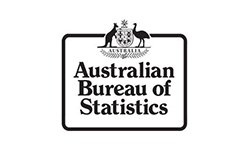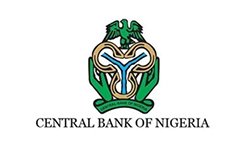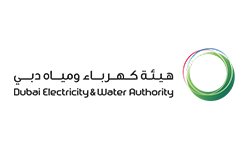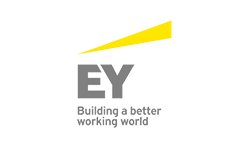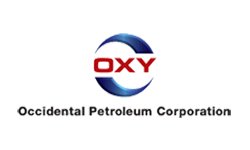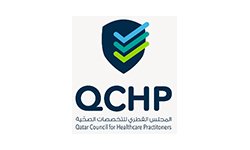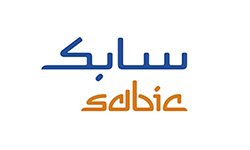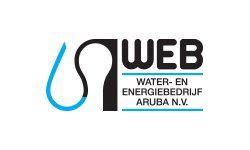ONLINE
CERTIFIED OKR PROFESSIONAL

ONLINE
CERTIFIED OKR PROFESSIONAL
Acquire knowledge at your own pace and learn how to face the most challenging aspects of working with OKRs. You will be guided through each course module by different lecture videos and complete the learning experience with exercises, individual readings, evaluation tools and quizzes.
 KEY FEATURES
KEY FEATURES
- Video presentation: 2.5 hours
- Practical assignments and exam preparation: 20 hours
- Evaluation: 1 hour
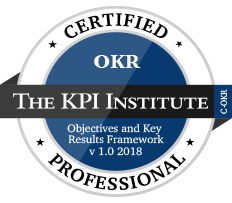
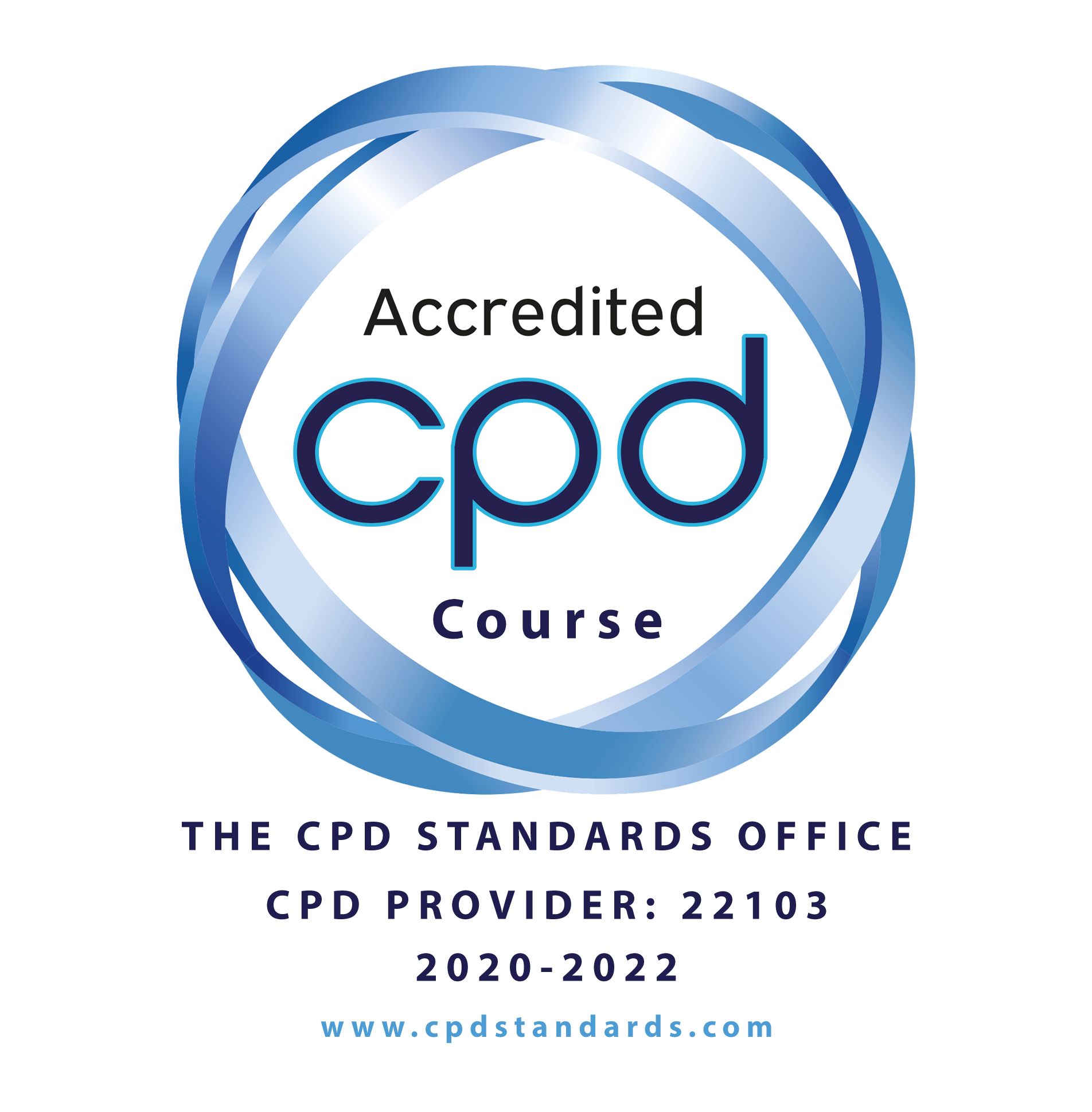
 GET CERTIFIED WITH US
GET CERTIFIED WITH US
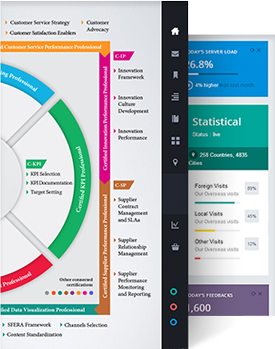
The Certified OKR Professional recognition is unique at global level, given the certification process thoroughness and the in-depth expertize dedicated to OKR system implementation that participants acquire in this educational program.
This certification is the result of a complex, experiential learning program that has 3 sections: pre-course activities, core-course exercises and post-course assignments.
You will acquire the tools, skills and the necessary knowledge to differentiate yourself from other professionals through a rigorous and structured approach to OKR implementation.
Validate your expertise!
Bonus: Premium subscription on smartKPIs.com - Available for 6 months, providing access to 500 fully documented KPIs and over 20.000 KPIs enlisted and one research report from the Top 25 KPIs series.
 BENEFITS
BENEFITS
 TARGET AUDIENCE
TARGET AUDIENCE
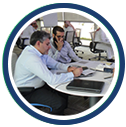
Professionals interested in measuring performance
Professionals from different fields, such as finance, human resources, production, logistics, information technology and others, interested in objectives and key results, will acquire the competencies needed to measure the performance of their team, department or organization.
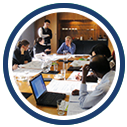
Top/middle management professionals
Executives or operational managers, regardless of their field of expertise, will gain the ability and knowledge to measure performance and maximize the value of using OKRs. The tools and resources offered as part of the Certified OKR Professional Training Course enable managers to apply the concepts learned within their organizations, immediately after the course.
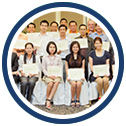
Performance measurement experts
For professionals like Data Analyst, Strategy Manager, Performance Management Officer or Performance Architect, it is important to develop competencies in measuring performance, especially in terms of OKR selection and data gathering. Usually, this particular audience already has a performance measurement system set in place and the Course offers them the opportunity to learn the best practices used in this field and identify how their current processes and approaches regarding OKRs can be improved.
 WHAT OUR CLIENTS SAY
WHAT OUR CLIENTS SAY
 FACILITATOR
FACILITATOR
 Dr. Alina Miertoiu
Dr. Alina Miertoiu Senior Management Consultant
The KPI Institute
Dr. Alina Miertoiu is a Senior Consultant within The KPI Institute, a research institute specialized in business performance improvement, considered today the global authority on Key Performance Indicators research and education. She is a Certified KPI Professional and Certified OKR Professional and has delivered over 1000 training and consulting hours last year.
Alina’s recent research and consulting work in the field of strategy execution and performance improvement lead to the development of the training course and advisory services on OKRs, as well as to the establishment of the GCC Utilities Performance Program, dedicated to electricity utilities. Moreover, Alina’s significant research projects focused on developing a benchmarking study in the utilities sector for Water, Gas and Electricity; and a National Development Indices Catalogue, containing 57 fully documented indices in a standardized format.
Alina is also frequently writing research-based articles for the Performance Magazine, The KPI Institute’s online magazine dedicated to strategy and performance.
As an educator, Alina delivered the Certified KPI Professional and Practitioner, Certified Benchmarking Professional, Certified Performance Management Professional and Certified OKR Professional, both as an in-house and open course in Europe, Middle East, Asia and Africa and several webinars on the topic of performance management and benchmarking.
As a consultant, one of Alina’s significant projects focused on the implemenation of an OKR system in a governmental entity from Middle East. Moreover, she worked on developing and implementing customized performance management systems based on KPIs for companies from different sectors, such as government, manufacturing, IT, financial and asset management.
 AGENDA
AGENDA

- What are OKRs?
- Stretched goals
- Measurable Key Results
- Action oriented initiatives

- OKRs vs KPIS
- OKRs and KPIs integration
- OKRs vs MBO

- Challenges in working with OKRs
- OKRs lifecycle
- The value added by OKRs
- Governance

- Strategic vs tactical OKRs
- Aspirational vs committed OKRs

- OKRs setting process
- Common mistakes in setting OKRs
- OKRs setting in practice

- OKRs in general organizations
- OKRs in innovative/project - based organizations
- OKRs in bureaucratic entities

- OKRs alignment approaches
- OKRs alignment in practice

- OKRs review process
- Types of OKRs review
- OKRs review in practice

- Decision making process based on OKRs
- Initiative management
- OKRs refinement

- Change management
- Employee engagement
- Gamification
 LEARNING EXPERIENCE
LEARNING EXPERIENCE
 FAQ
FAQ


You can communicate with your instructor through the eLearning forum or by email. You are highly encouraged to use these ways of communications.

If you enroll through The KPI Institute Marketplace, after paying the course fee, you will receive a confirmation email containing the instructions and the credentials to access your online course.
If you enroll by fax or telephone, you will also receive your confirmation and instructions by email.



Operating Systems: Windows 7 and newer, Mac OSX 10.6 and newer, Linux - chromeOS.
Browsers: You must update to the newest version of whatever browser you are using. We recommend using Chrome, Firefox or Safari, beta versions of browsers are not supported and Internet Explorer is problematic. Please make sure that your web browser has JavaScript and cookies enabled.



 REQUEST MORE INFORMATION
REQUEST MORE INFORMATION
 ABOUT THE KPI INSTITUTE
ABOUT THE KPI INSTITUTE
 CLIENTS
CLIENTS
